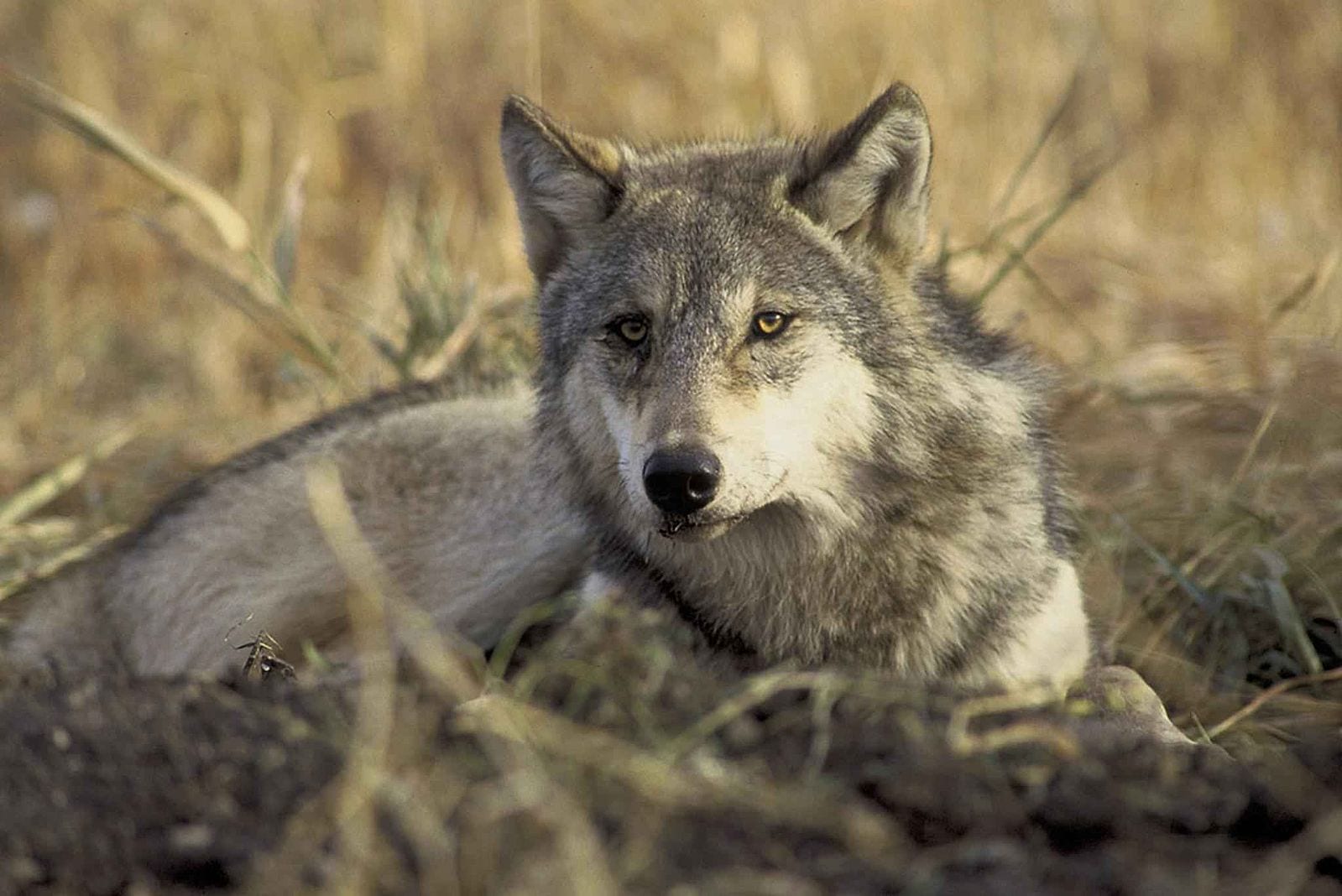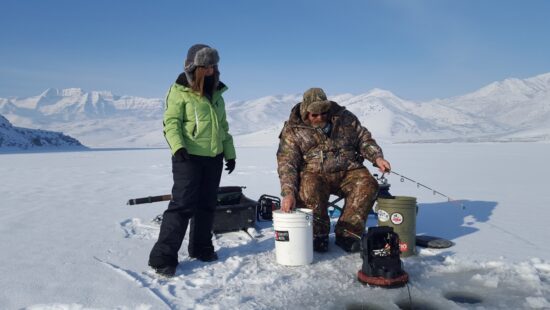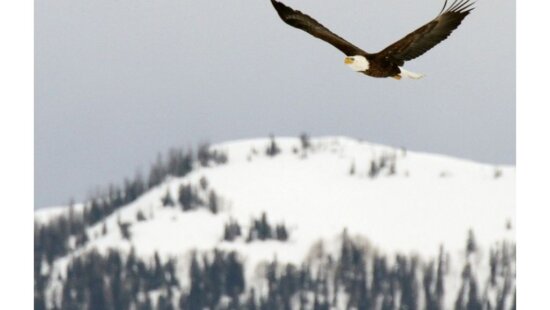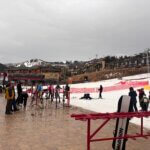Wildlife
Avoid conflict with bears this spring and summer with these DWR tips
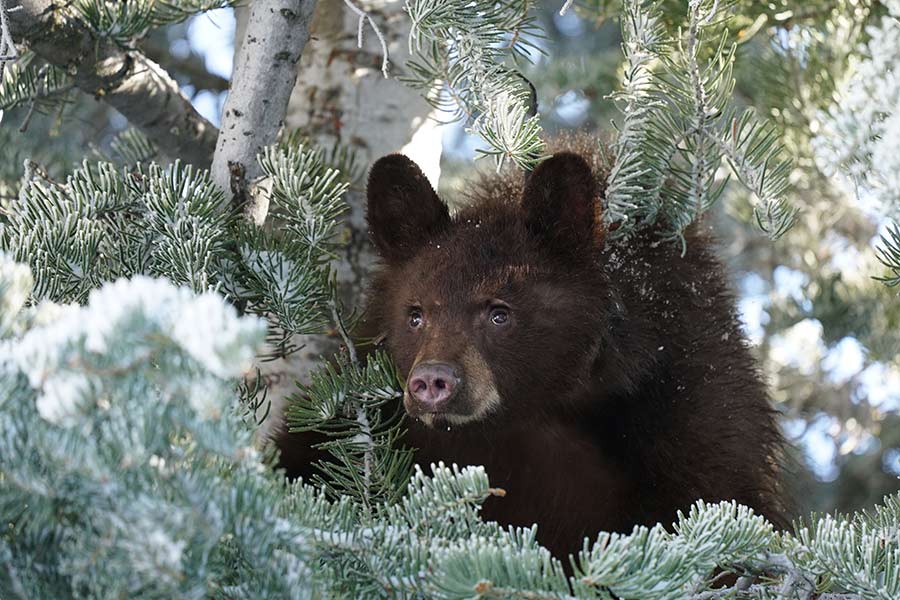
A collared black bear. Photo: Courtesy of the Utah Division of Wildlife Resources
UTAH — The Utah Division of Wildlife Resources (DWR) has offered several tips to help keep Utahns safe this spring and summer while recreating in black bear country.
Black bears are the only species of bear in Utah, and they can be found in the high country, lower elevations, and even the West Desert. Most bears typically come out of hibernation in March or April, and they feed almost entirely on plants and insects in the spring.
According to a press release from the DWR, human activity, such as camping, hiking, and cooking or fishing, can disrupt the daily lives of bears and increase the risk of a conflict.
“Even though they’re incredibly strong and surprisingly fast, black bears will typically do everything they can to avoid people,” said Darren DeBloois, DWR game mammals coordinator. “When a bear finds food, though, that all changes. A bear will often become aggressive toward anything or anyone it perceives as threatening the area where it found the food.”
Keep cooking areas and campsites clean
Bears have an impressive sense of smell and will be attracted to food or other items that are easily accessible. This can be avoided by storing food, snacks, and scented items in a secure area, such as a locked trailer or a parking lot. The DWR also recommends that people keep their campsite clean and clear of food and trash to reduce the risk of attracting bears.
Don’t feed the animals
Once a bear has lost its fear of people, it can become a nuisance to society. Wildlife biologists and conservation officers are often forced to euthanize an bear if it becomes a danger to themselves or others. By not providing a bear with food or other resources, we can help prevent this potentially deadly situation from happening.
“We got into the wildlife profession because we love wildlife,” DeBloois said. “We enjoy managing and protecting animals so Utahns can get outdoors and enjoy them. Having to euthanize an animal — because someone didn’t do something as simple as keeping their campsite clean and storing food in a secure area — is tough. Please don’t put us in that situation.”
Remove or secure items that could attract a bear
Properly secure or clean anything in your yard that may attract a bear, especially if you live in the foothills or a mountainous area. Some of these items include:
- Birdfeeders (both seed and hummingbird)
- Fruit trees
- Compost piles
- Beehives
- Pet food and water bowls
- Unsupervised outdoor pets (especially at night)
- Barbecue grills
What to do if you encounter a bear
The DWR has provided the following safety tips for navigating a bear encounter:
- Stand your ground: Never back up, lie down or play dead. Stay calm and give the bear a chance to leave. Prepare to use your bear spray or another deterrent.
- Don’t run away or climb a tree. Black bears are excellent climbers and can run up to 35 mph — you cannot outclimb or outrun them.
- Know bear behavior. If a bear stands up, grunts, moans or makes other sounds, it’s not being aggressive. These are the ways a bear gets a better look or smell and expresses its interest.
- If a black bear attacks, always fight back. And never give up! People have successfully defended themselves with almost anything: rocks, sticks, backpacks, water bottles and even their hands and feet.
If you see a bear in the foothills or canyon areas, it should only be reported if it is being aggressive or if it is getting into trash or fruit trees. If the bear wanders into lower-elevation areas and is within city limits, it should be reported immediately to the DWR so that it can be relocated safely.
For more information on how to stay safe around bears, visit the Wild Aware Utah website.















